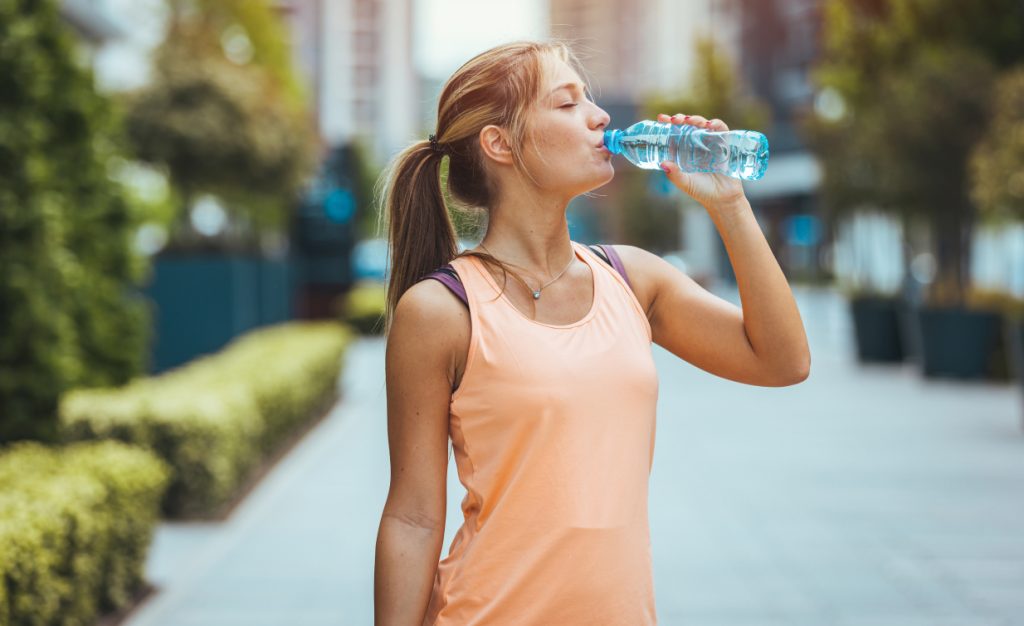 2 min read
2 min read
With its ability to store energy, modulate the immune system and affect gastrointestinal health, the microbiota plays an important role in the well-being and performances of athletes.1
In turn, exercise, diet and fitness grade also promote a healthier gut microbiota, increasing microbial diversity and its positive effects on the body, modulating mucosal immunity and improving gastrointestinal barrier function.1
These differences are likely driven by the effects of physical training and/or diet.1
The gut microbiome of active individuals has a functional capacity for tissue repair and an increased ability to harness energy from food.1

Since nutrition strongly affects both the composition and function of the microbiota, which in turn plays an important role in the well-being of athletes, through proper nutrition we can improve the stress response and enhance the performance of physically active individuals.2
In general, athletes are encouraged to consume high amounts of simple carbohydrates and protein, and low amounts of fat and fiber, in order to provide a quick source of energy and, at the same time, avoid potential digestive problems. Athletes’ diet plans also rely on the consumption of certain micronutrients such as iron, calcium, amino acids, essential fatty acids, and antioxidants. However, the health of the gut microbiota is rarely considered in dietary choices.2

the lack of complex carbohydrates in athletes’ diets may adversely affect the composition and function of the gut microbiota in the long term. Increased consumption of complex plant polysaccharides (such as grains, legumes, fruits and vegetables) should be promoted to help maintain optimal gut flora function of the gut microbiota. It should also be taken into account that animal protein consumption should be reduced during rest and training days because it may negatively affect the gut microbiota. In addition, supplementing the diet with probiotics based on Bifidobacteria and Lactobacilli could help improve the metabolic, immune, and barrier function of athletes’ gut.2
Gut health is vital for your well-being. Find out how to take care of it.